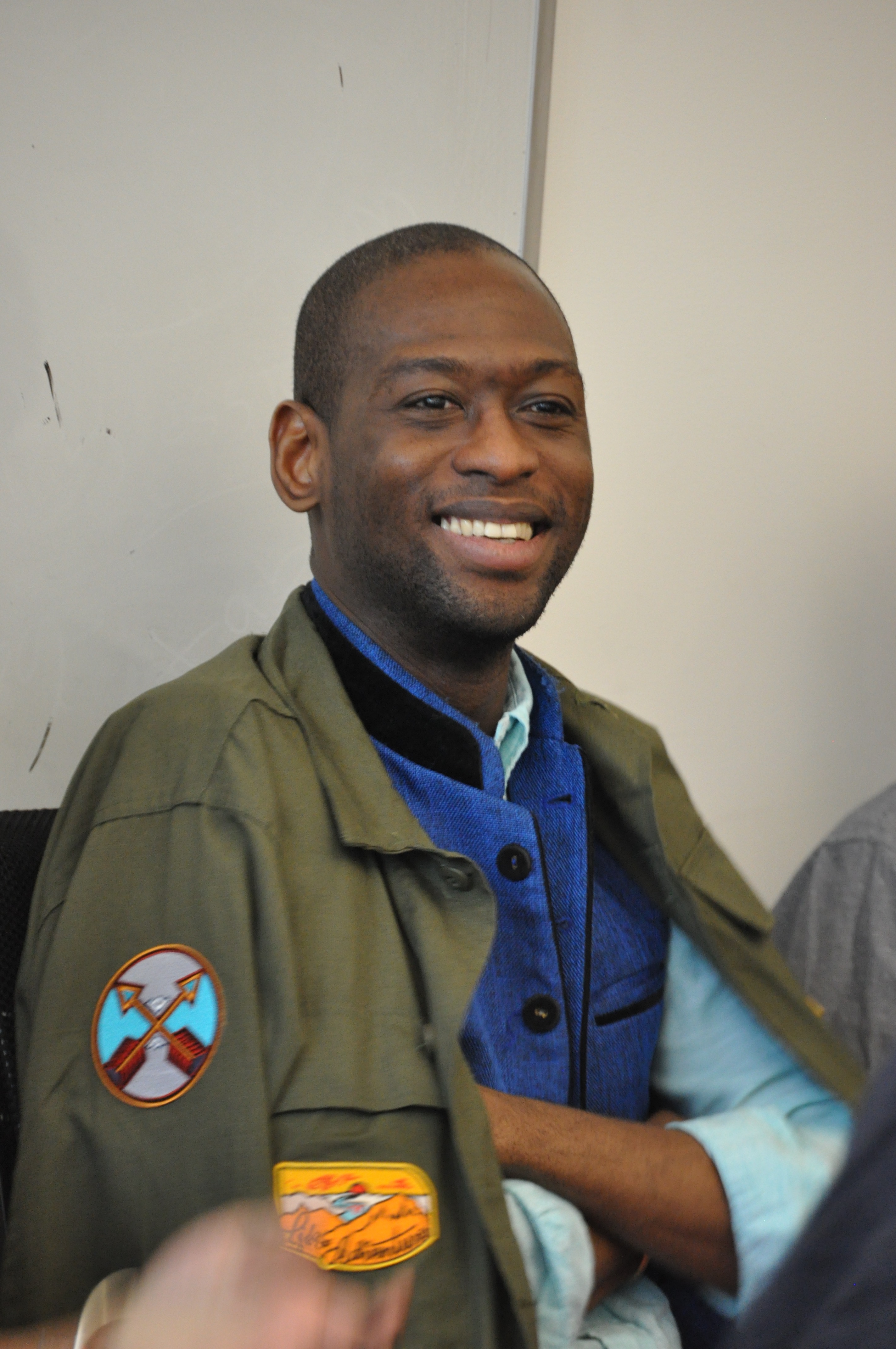|
Getting your Trinity Audio player ready...
|
Reading Time 2 mins
The Grenada Revolution (1979 – 1983) and its subsequent collapse
On 19th October in New York City, a symposium was held in memory of the Grenadian Revolution and those who died on 19th October, 1983. 34 years ago, on Fort Rupert, located in St. George’s on the small island of Grenada, at the bottom of the Caribbean basin, a revolution died.
The Symposium, entitled 1st Annual Symposium on the Grenadian Revolution of 1979 – 1983 focused on two points: the revolution itself 1979 – 1983 and the days 18th, 19th, and 20th of October 1983. The relevance of these dates is still locked in mystery, misinformation, disinformation, and secrets. There are many unanswered questions and many ‘truths buried in facts’ (Puri 2014). This gathering attempted to excavate information that can guide a comprehensive understanding of that turbulent but, prolific, period in Grenada’s History. A history that is not taught on the island to this day and given Bernard Coard’s recently published autobiography The Grenada Revolution: What Really Happened?, attendees were given a chance to dialogue, share, and learn.

Four of the presentations from the symposium are now gathered together for publication in this first volume. This volume is an act of remembrance to and for those who died on that fateful day in 1983. Laurie Lambert, Paul Clement, Patsy Lewis, and Martin Felix all delivered polemic presentations/projects that will eventually lead to new understandings of the Grenada Revolution, what happened, and what we need to remember about that period in Grenadian, West Indian, Caribbean, and World History.
Why should we remember what happened on that small island in the West Indies? What history is available for the next generation when the “Revo” generation is no longer with us? These are questions asked during the symposium and during the presentations that are now gathered here for your engagement.
As we continue to imagine reconciliation and what that means and what is required, given the release of Bernard Coard’s book and his forthcoming volumes, it is crucial to remember the work being done at this moment, for example, Paul’s work on indigenous engine of growth, John Cotman’s work on Maurice, Patsy’s work on healing after trauma, Laurie’s forthcoming book on literature and textual monuments, Caldwell’s memoir, and my work on collective memory, just to list a few.
As the crows fly above on 19th October, 1983, under the scotching sun overlooking the turquoise water where the Atlantic Ocean meets the Caribbean Sea, mounted on volcanic rocks, history was created, a revolution died and bodies were buried; and, like vessels at the bottom of the ocean, hopefully, not forgotten.
Brooklyn, New York (November, 2017) — Atiba Rougier

******************************************************************************************************************************************
2. Martin Felix: “Reconciling with the Past; Visualizing the Future”
